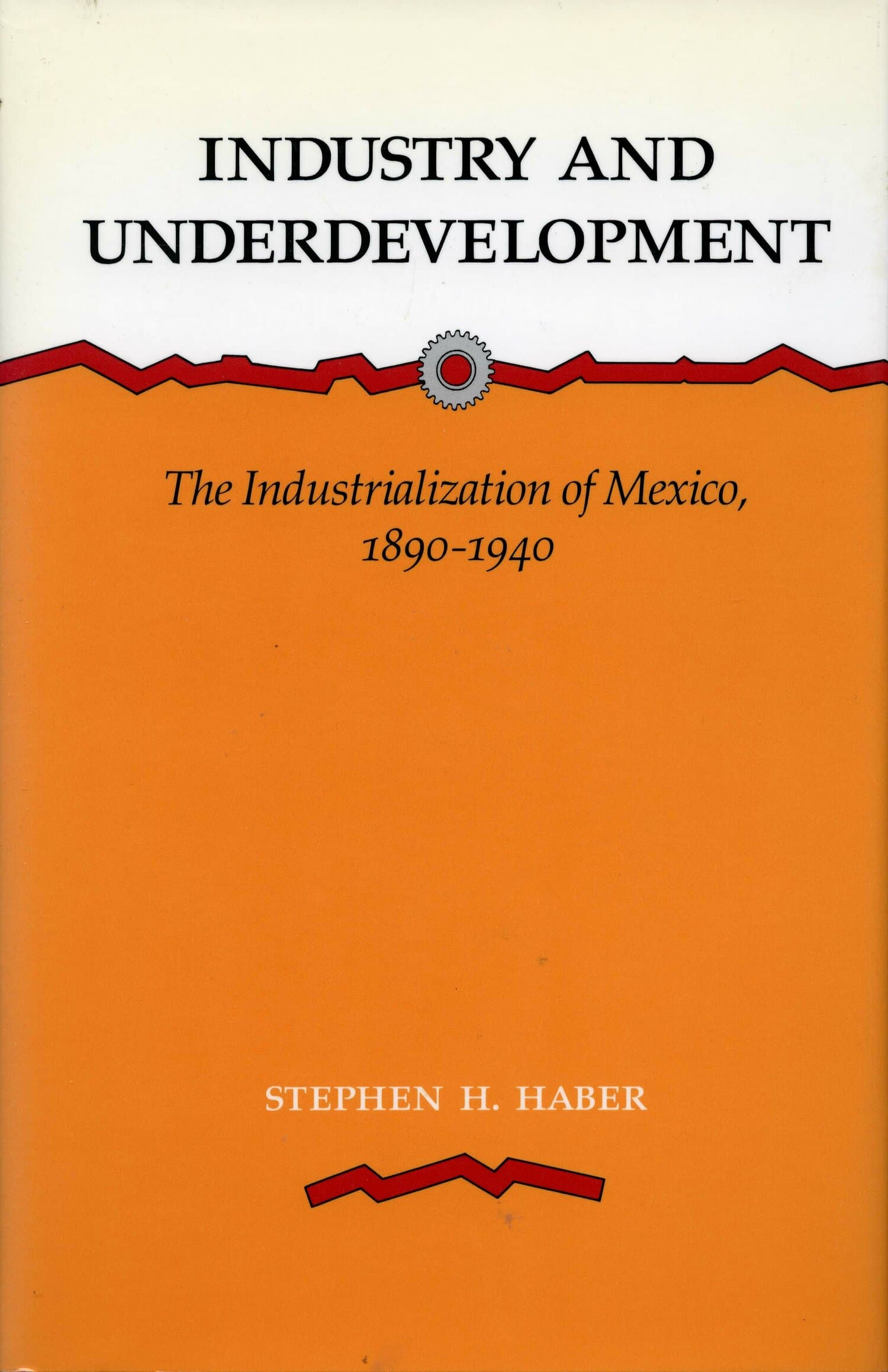Industrial Development in a Frontier Economy

In 1890, Argentina was a wealthy nation on the brink of industrialization. Industrial Development in a Frontier Economy examines Argentina's failure over the next forty years to develop an efficient manufacturing sector, even as countries in similar circumstances—Meiji Japan, Brazil, and Mexico—successfully modernized their economies. Yovanna Pineda conducts a pioneering microanalysis of 59 domestic corporations, spanning ten manufacturing sectors, to show that Argentina's macroeconomic conditions led domestic manufacturers to concentrate on survival at the expense of innovation and growth. Her analysis reveals that the resulting risk-averse, monopolistic business practices, more than any collective action or governmental policy, forestalled the country's industrialization.
"Industrial Development in a Frontier Economy displays outstanding scholarship. The number of tables and the statistical evidence is impressive. The author is clear and concise and has provided significant evidence to support her thesis . . . [T]his work will introduce graduate students to an important issue of Argentine history and provide an example of the new approaches that economic historians use. Any future discussions of Argentine economic growth will most certainly need to consider the conclusions that Pineda reaches on the issues surrounding Argentina's failure to maintain sustainable industrial growth and manufacturing's inability to surpass agricultural sector growth."—Vera Reber, H-Net
"A useful volume for those interested in Latin American history and economic development"—R. J. Alexander Choice
"The fresh insight of the cliometric perspective of Pineda's book, the array of topics covered in the research, and the impressive datasets make Industrial Development in the Frontier Economy mandatory reading for those interested in Latin American industrialization and, in general, for those who enjoy the study of the region's economic history."—Fernando Rocchi, EH.Net
"Yovanna Pineda's work fills an important lacuna in the literature, the data set is unique and comprehensive, and the author's essentially cliometric approach is an excellent means to answer the important questions she poses. Industrial Development in a Frontier Economy will be a seminal work in Argentine economic history." —Noel Maurer, Harvard Business School




